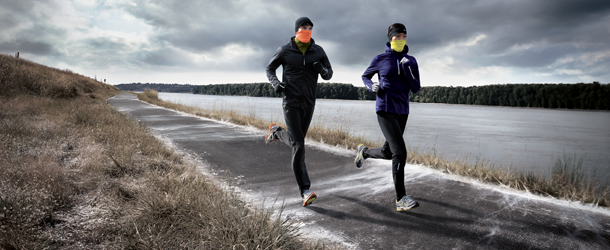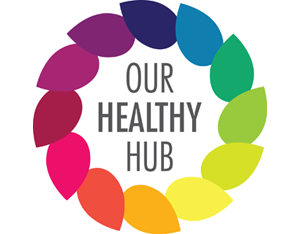Sports nutrition is a pivotal element of performance when examining the factors that affect endurance running at both an amateur and professional level. Hydration, electrolyte balance and carbohydrate intake all have a direct impact upon race times and recovery. Supplements for runners are available from the likes of Kinetica, however it is important to know when and how to use them.
A runner’s diet should consist of mainly carbohydrate. At least 60% of the diet should be carbohydrate and a conscious effort should be made to include anti-oxidants like vitamin C in the diet. This is because long-distance running and high-levels of training can produce ‘oxidative’ damage or stress on the body, which in turn can lead to a compromised immune system. This can be achieved by having a nutritious diet full of organic fruit and vegetables on a daily basis. For health reasons, medium and low glycaemic index carbohydrates which effect blood sugar levels gradually should be consumed on a daily basis, and high glycaemic (sugary) carbohydrates consumed only before, during and after a run.
Sports Drinks
If you are competing in a race or a marathon, never try something new on the day. It is important to have a structured approach to nutrition and try any new drinks, supplements or interventions during training. Before embarking upon a long run, or a competitive long-distance race, consume about 500ml of water two hours before the start. This should optimise gastric emptying so that more water can be utilised during a run or race. If possible sip on a sports drink leading up to, and during a long distance run. It is important to sip the drink, as the body can only make use of around 150ml every 15 minutes. A sports drink should contain electrolytes and glucose or maltodextrin.
Glucose and electrolytes should be included in a sports drink to help replace what the body uses and loses in sweat during a run. In addition to this, glucose and sodium can optimise absorption of water by the small intestine via a process known as active transport. It is possible to make your own sports drink by adding a pinch of salt and either glucose or maltodextrin powder to water. Add 25-50g of carbohydrate powder to every 500ml of water. It is possible to add fruit juice or squash/cordial instead of carbohydrate powder, but this will likely contain more fructose than glucose. As fructose takes a lot longer to digest, it is not ideal for a sports drink. Incidentally, glucose powder is a lot sweeter than maltodextrin, so I would recommend the latter.
In ultra-long distance events, too much water without any additional sodium, could in theory cause a condition known as hyponatremia. This is another reason to make the diet in general, as well as a sports drink, high in electrolytes. Himalayan salt and coconut water are great sources of electrolytes. Test your body’s tolerance to food and drink high in electrolytes, as some sensitive individuals have been known to experience stomach cramps after drinking large quantities of coconut water for the first time. If you struggle to take on board large amounts of water during a run lasting more than one hour, energy gels are also an option to top up carbohydrate levels so that you don’t ‘hit the wall’ and have to rely on the body’s fat stores for energy.
Post Run Nutrition
It’s good to get in the habit of weighing yourself before and after a run; this is a good marker to let you know how much fluid to consume to completely rehydrate. You should consume 150% of what has been lost in sweat, so if you weigh 2kg less after a run, than before it, you should consume (over a number of hours) 3 litres of water; again with some sodium and glucose added. Do the pee test and make sure your pee is clear 30 minutes after you’ve finished drinking the water.
Insulin levels are elevated for up to 2 hours after exercise. This is the best time to replenish muscle carbohydrate/glycogen stores and to consume high glycaemic index carbohydrates. The addition of protein to a post-run drink may also enhance recovery, as it helps to speed up repair and recovery of the muscles. Chocolate milk has been shown to be a great post-run drink as it contains protein, sugar and sodium; although many nutritionists argue that whey protein is more effective than milk protein in terms of optimising recovery.
![]()














